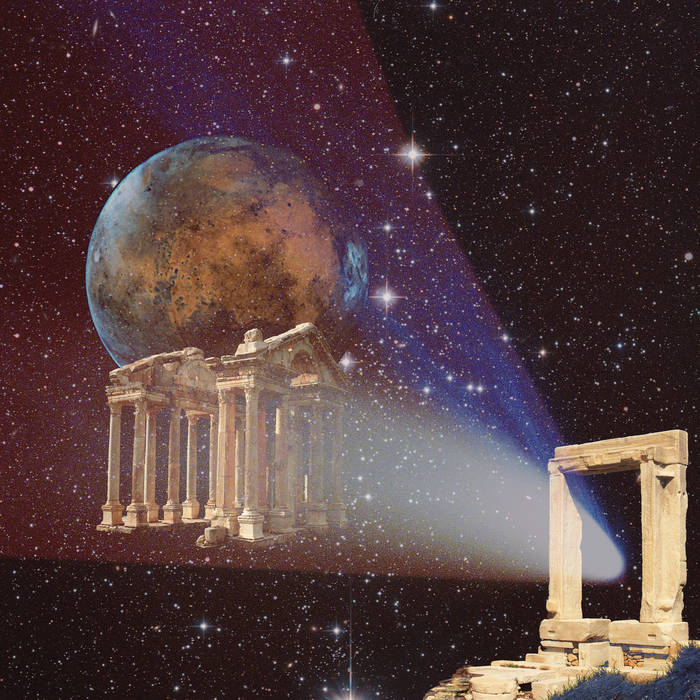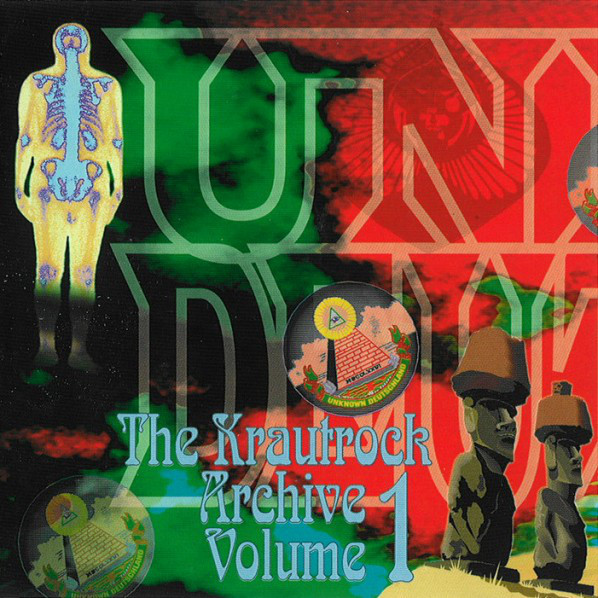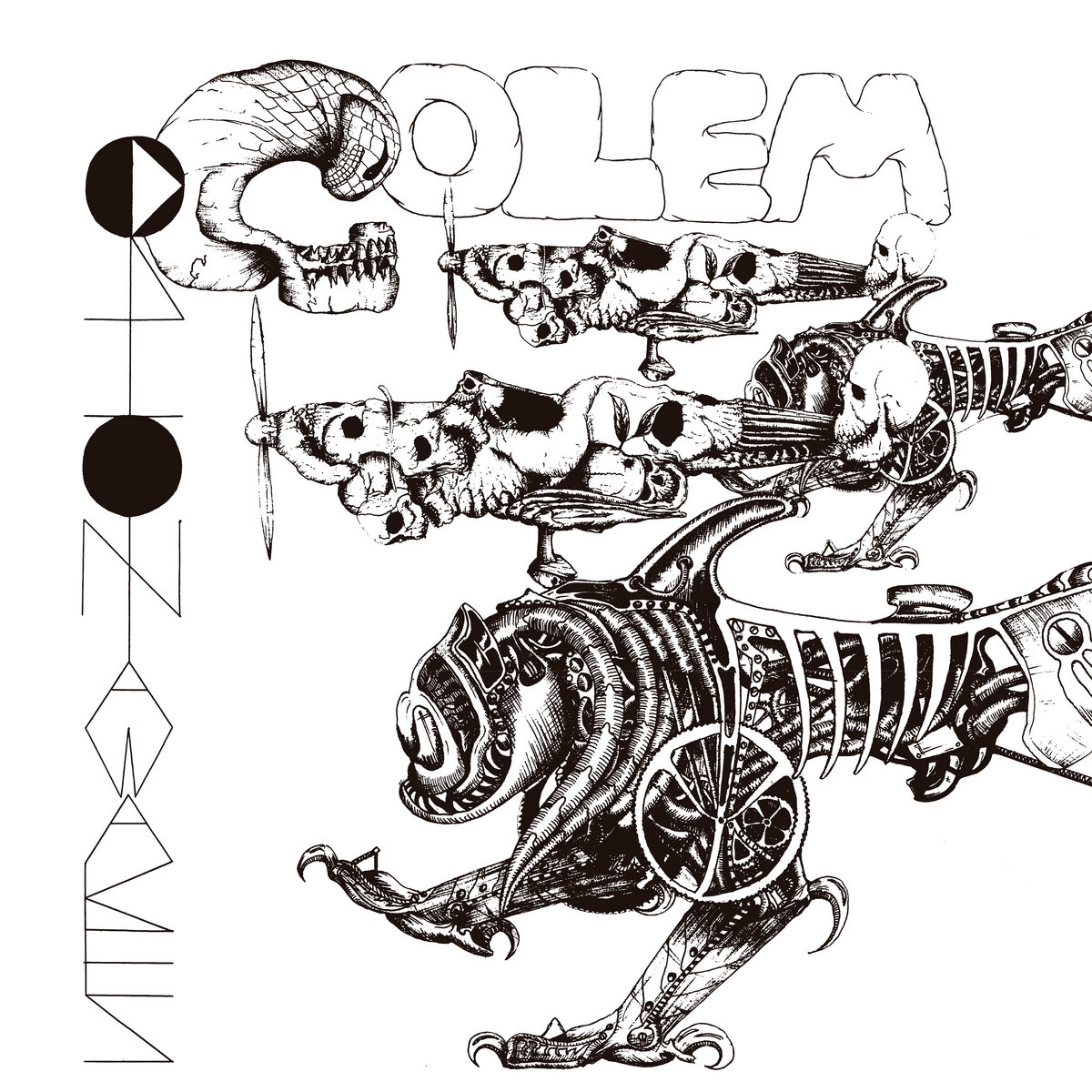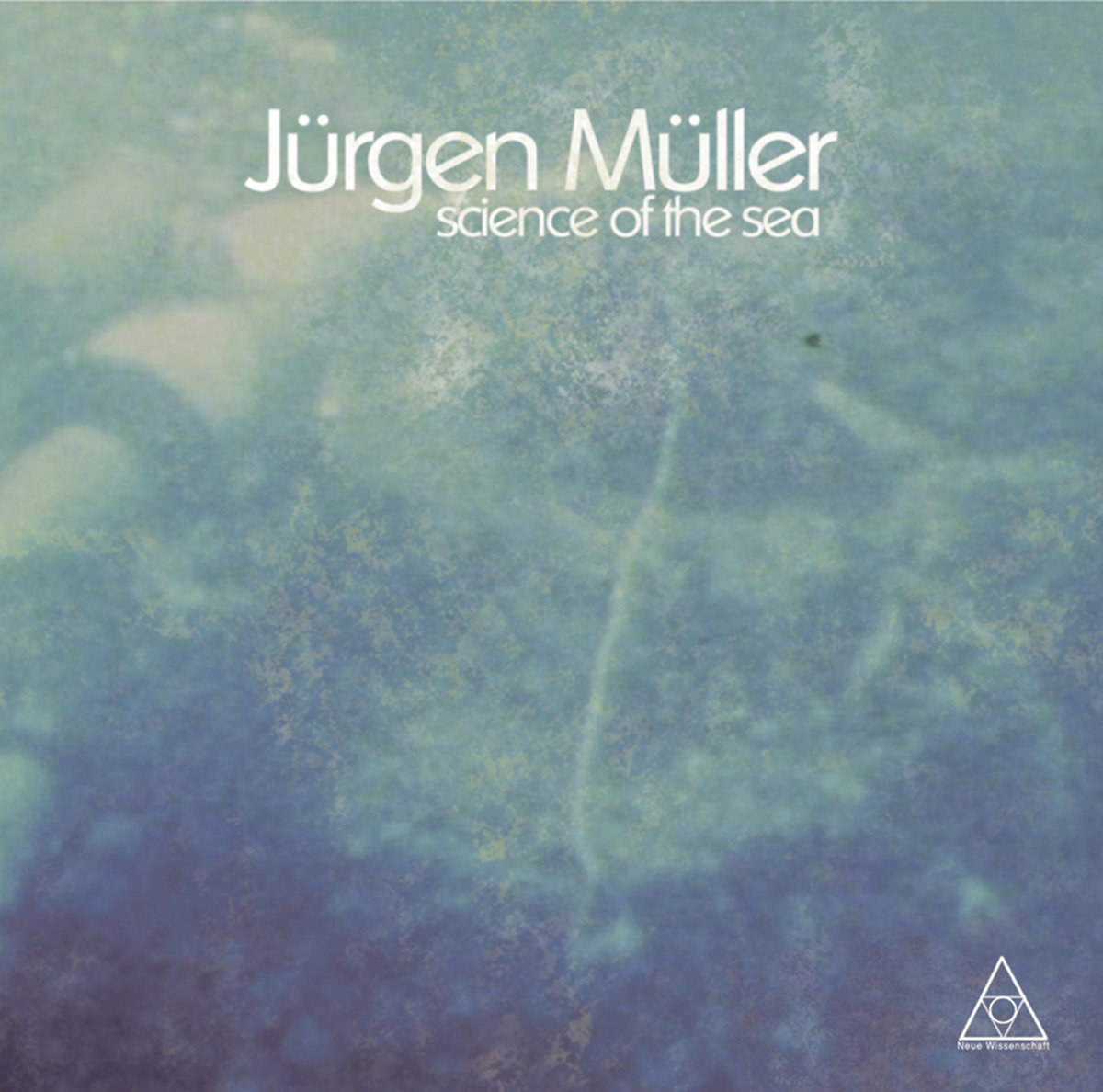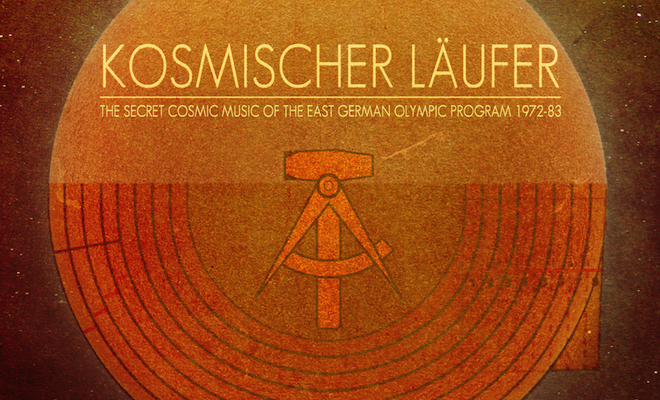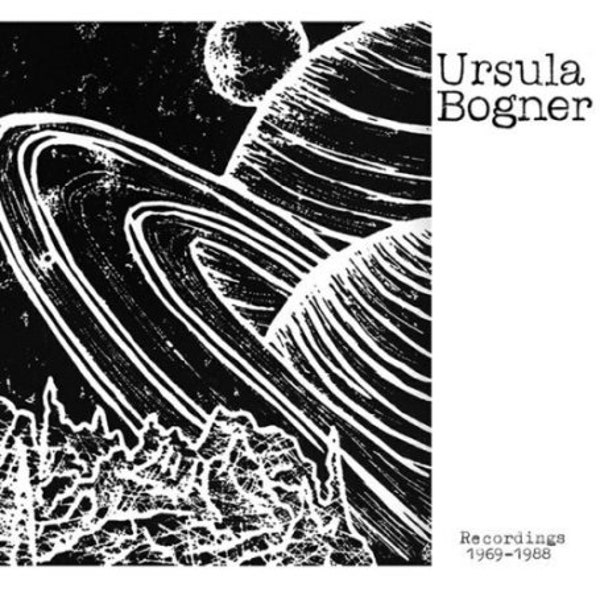I have been digging & #39;Cosmic Pilgrimage: The Klyfta Tapes 1972-1975& #39; which purports to be lost recordings of a visionary but criminally overlooked Swedish jazz-rock ensemble. The band actually belongs to the fictional, alt-history universe of the 2019 game Hypnospace Outlaw.
This got me thinking about the contemporary phenomenon of the hoax record, which has been a curious byproduct of 90s reissue culture and record store cognoscenti obsession with a certain kind of “lost” record – usually, but not exclusively, foreign. Often German or Japanese.
The Japanese, German, and to a somewhat lesser extent, other continental European countercultures of the 1970s became a seemingly inexhaustible reserve of musical inspiration and indie cred around the turn of the millennium.
The flourishing in the 90s of the experimental, largely instrumental musical forms broadly labeled “post-rock” boasted a lineage in the krautrock and kosmische music scenes of 1970s West Germany.
Crate-digging & reissues injected much of the best of this music into the US & UK musical bloodstreams. But the mystique of these seemingly undiscovered continents of head music could not be dispelled. There had to be ever-deeper, ever more obscure gems waiting to be unearthed.
This cultural obsession was ripe for exploitation or satire. So people start passing off deep fake records as ultra-obscuro reissues. I think the modern form probably goes back to the 3 volumes of Unknown Deutschland: The Krautrock Archives from 1996.
These purported to be selections and rarities from the Cologne-based Pyramid label which supposedly released records in miniscule runs of 50-100 and sold them mostly in art galleries and clubs. All were allegedly recorded by Toby “The Mad Twiddler” Robinson between 1972-4.
The Psi-Fi label in the UK then released full albums from six of the bands anthologized on the Unknown Deutschland series in 1996 and 97. Golem’s Orion Wakes is easily the best of the lot.
The overall modern production values and the fact that the producer Robinson used the moniker “Genius P. Orridge” years before the formation of Throbbing Gristle, make a 70s West German provenance unlikely. Also, no one has been able to locate a hard copy of the original LPs.
In 2003 appeared ‘St. Agnes Fountain’ by Masayo Asahara, purported to be a “forgotten drone-prog-jazz-classic” by a Japanese doctoral student studying American minimalism, jamming Terry Riley-esque organ drones with friends in the Osakan free jazz scene in 1974.
It is supposed to be the work of contemporary Sheffield, UK composer and improviser Martin Archer.
Jürgen Müller’s Science of the Sea from 2011, supposedly the early 80s work of a German marine biologist at the University of Kiel, who longed to make synthesizer soundtracks for Jacques Cousteau-esque TV sealife documentaries.
It is now known to be the work of the Seattle-based electronic composer Norman Chambers, aka Panabrite.
There’s the motorik pulse of Kosmischer Läufer: The Secret Cosmic Music of the East German Olympic Program 1972 – 83, supposed to be scientifically engineered workout music created by composer Martin Zeichnete for GDR Olympics teams.
Ursula Bogner’s Recordings 1969-1988, the private, at-home synthesizer loops of a German wife, mother, pharmaceutical company employee and devotee of the radical psychoanalyst Wilhelm Reich. Almost certainly the works of electronic musician Jan Jelinek of Berlin.
There are more. The internet has made their fictions practically unsustainable, since no trace of these imagined musicians ever surfaces. The backstory folds into the art itself.
Interestingly, none of these works are ever revelatory. (Who would waste their most inspired ideas on a gimmick?) But they are often very good.
But most interestingly, they often stem from a sense that we are running out of history. That we have found and mined and documented and reissued all the weirdness and lost inspiration out of the past and that there won’t be anything new to discover.
So we have to fabricate more history: to keep the strangeness of the past alive. And that’s the thing I keep coming back to do: the desire to keep the past opaque, to maintain possibility of mystery. As if too much historical information ruins the past.
Maybe it is the flip side of the end of history, or the collapse of any hopeful sense of the future: the need to keep the past inexhaustibly strange.

 Read on Twitter
Read on Twitter